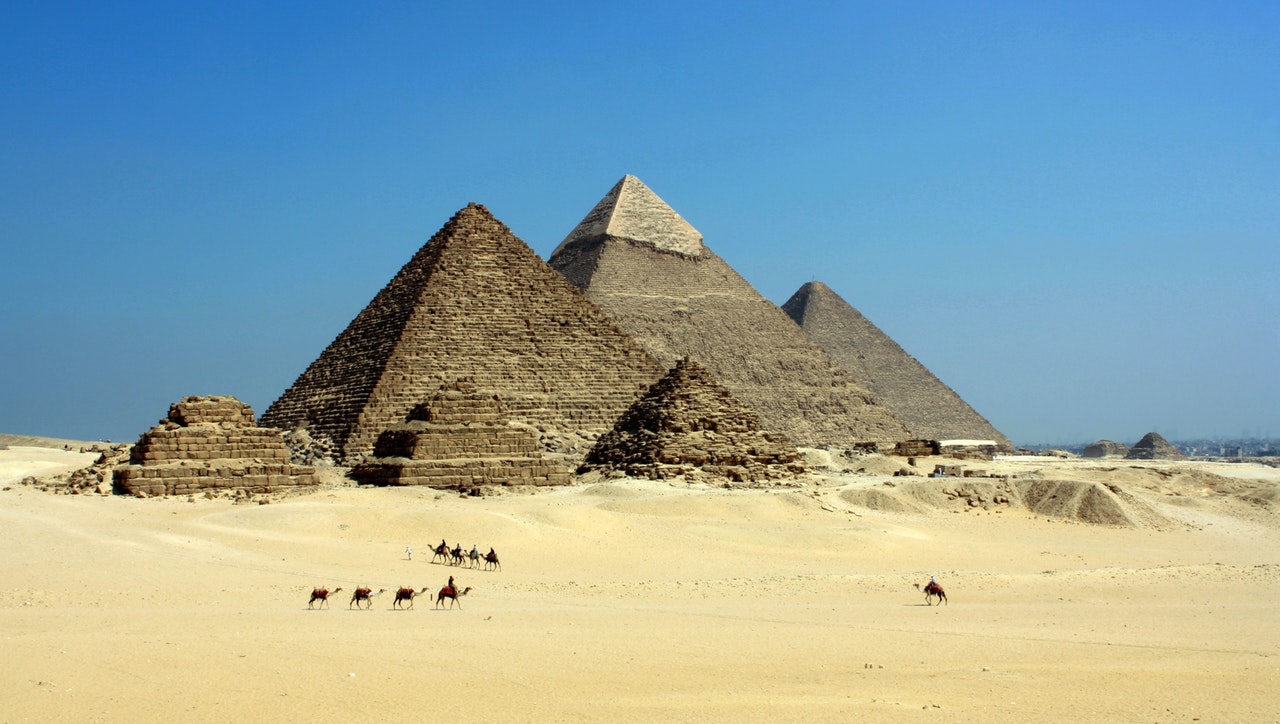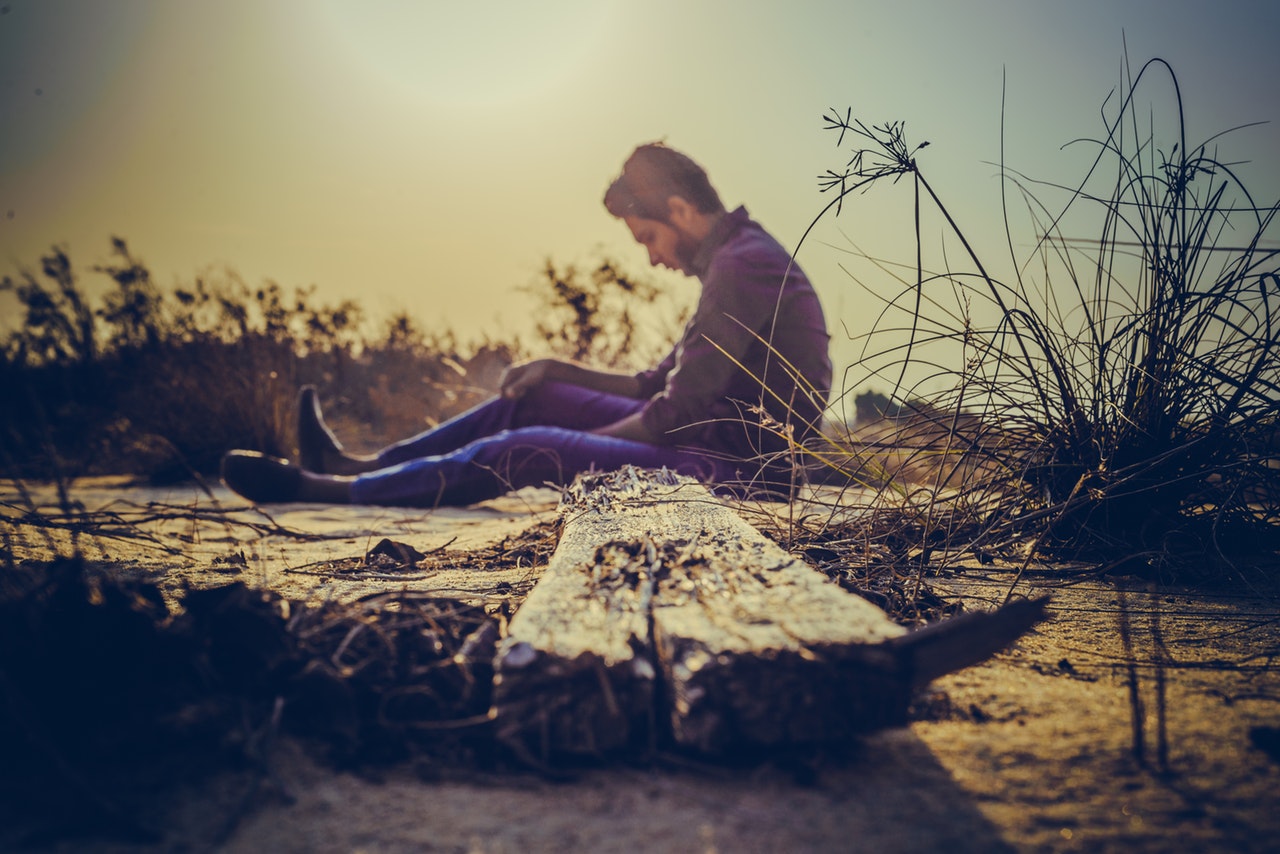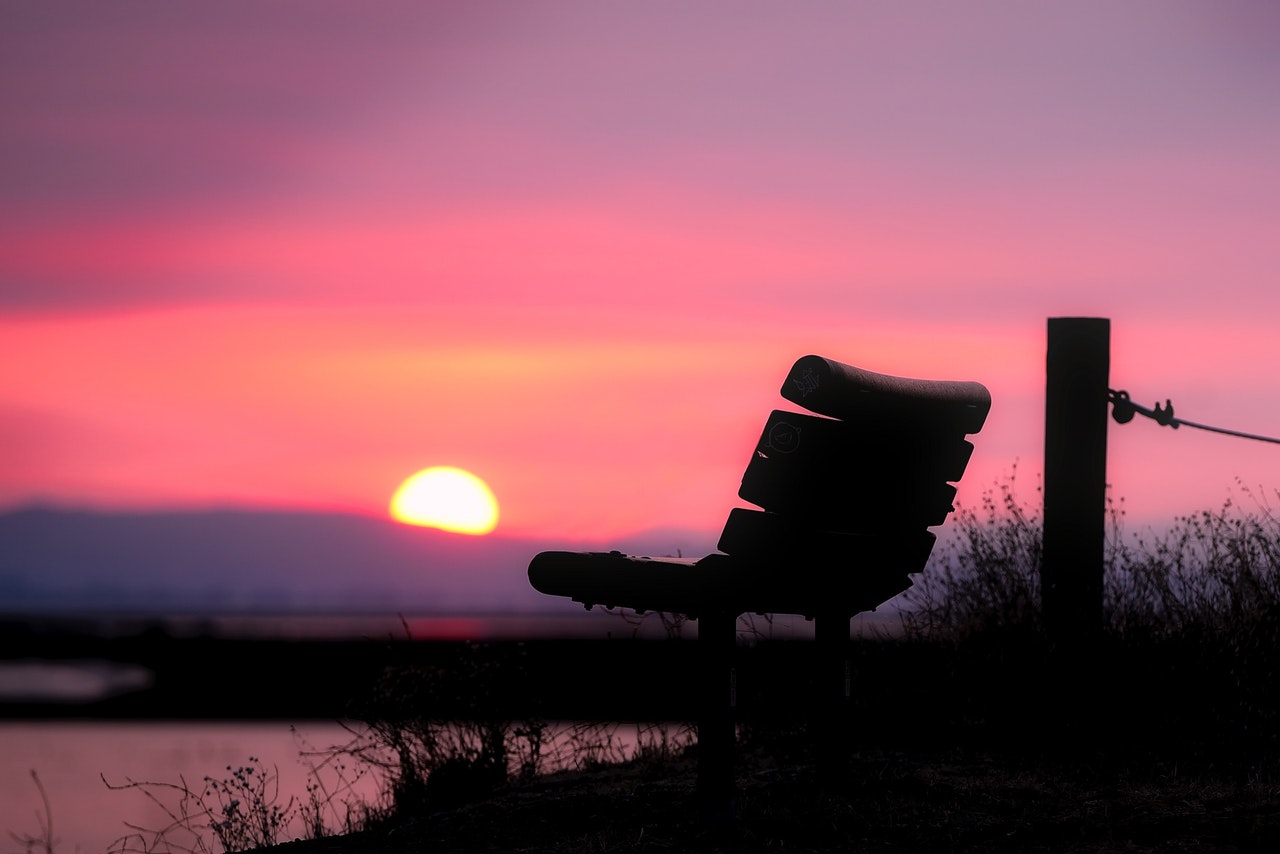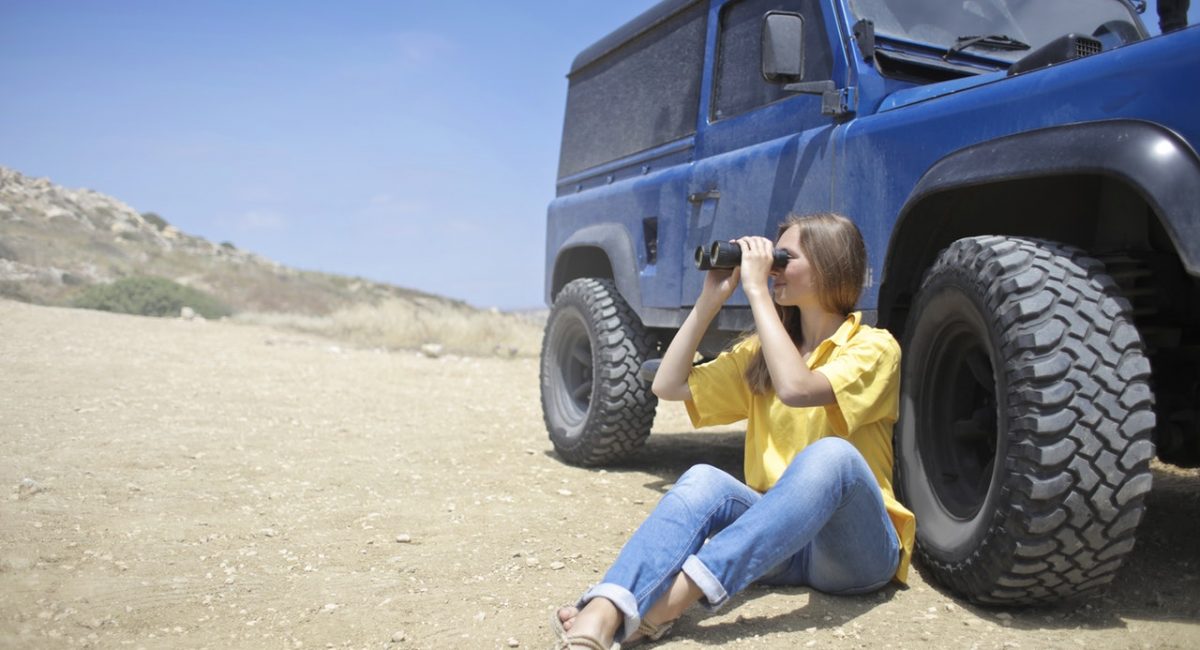Reflection for the First Sunday of Lent. Year B. 2018
– By Fr Ugo Ikwuka
Archway, London
A baby camel once asked the mother camel:
“Mom why have we got these huge three-toed feet?” The mother replies: “it is to enable us trek across the soft sand of the desert without sinking.”
“And why have we got these long, heavy eyelashes?” “To keep the sand out of our eyes on the trips through the desert” replies the mother.
“And why have we got these big humps on our backs?” Now irritated the mother snaps: “To help us store fat for our long treks across the desert so we can go without water for long periods!”
“OK, I get it!” says the baby camel, “We’ve got all these features for life in desert, then what the heck are we doing here in London zoo?”
Indeed modern life sometimes makes one feel out of place (dislocated) like a camel in a zoo. And like such camels, we need to return to the desert sometimes in order to rediscover our true self.

The desert was the birthplace of the people of God. It was in the desert that the people of Israel who escaped from Egypt became the people of God by covenant before they arrived at the Promised Land.
Hence, whenever there is a strain in their relationship with God, their prophets would suggest that they return to the desert to rediscover their identity, their vocation and their mission as a way of reawakening their faith and strengthening their covenant relationship with God.
In this Sunday’s Gospel, we read that after Jesus was baptized “the Spirit immediately drove him out into the desert, where he was for forty days, tempted by Satan; and he was with the wild beasts; and the angels waited on him” (Mark 1:12-13).
It is in the desert, in the quietness of our lives, that we can meaningfully engage with the realities of life; distinguishing between the voice of the Holy Spirit which leads us to life and that of the Satan which leads us to temptation.

Jesus equally encountered the wild beasts and the angels in the desert. Thus, the desert also offers us the serenity to recognise and reconcile the wild beasts (weaknesses) and angels (strengths) in each one of us.
When we fail to recognize the wild beasts in us, we give in to vainglory and when we fail to recognize the angel in us we give in to self-hate and despair. Thus, in the desert, we come to terms with ourselves as we really are and begin to experience the peace that eludes us.
The wild beasts and the angels furthermore mirror our physical and spiritual nature which are meant to be in harmony not in conflict as we imagine. We are meant to be a hybrid of the two as seen when breath (spirit) and the vocal cords (body) come together to give melodious tunes. It is sin that divides; resolving life either solely materially – the playboy lifestyle of living for the pleasures of food, drink and sex or solely spiritually; being uneasy with our bodily impulses and living in denial e.g. of our sexuality.
Holding off the Devil’s three temptations, Jesus finds the balance for human life. By refusing to turn stone into bread, Jesus does not despise the material or the body, he rather disciplines it (he would later multiply loaves at the right instance).
And in refusing to jump into the safety of the angels’ hands or stoop to the Devil as an easy way to gain the kingdoms of the world, he does not despise the spiritual or the miraculous, but frees it of pride and dishonesty. Thus, Jesus reconciles our human nature and models the balance we need.

Lent is the time for this desert experience; a time to align our thoughts, words and actions with the purpose of our being, a time to set aside a place and time in our overcrowded lives to be alone daily with God, to hear God’s word, to rediscover who we are before God, to say yes to God and no to Satan as Jesus did.
To get there however, we need to keep in check the many voices that dominate us from morning till night; the radio, the television, the newspapers, the internet, the telephone, at home, at work, in the streets.

Welcome to Lent!
Welcome to the desert!
It is a time that will convince us that there are many ways in which we fail through our thoughts, words and action, but it is also time to consider the positive things that should be part and parcel of our daily life.
- What kind of a person am I in relation to my family, friends, colleagues and other people with whom I come in contact?
- How active am I as a member of my Christian community, my parish?
- What difference do I make to other people’s lives?
- What do I do, within my limitations, to help eradicate the abuses which are part of our society?

It is never too late to get started.




